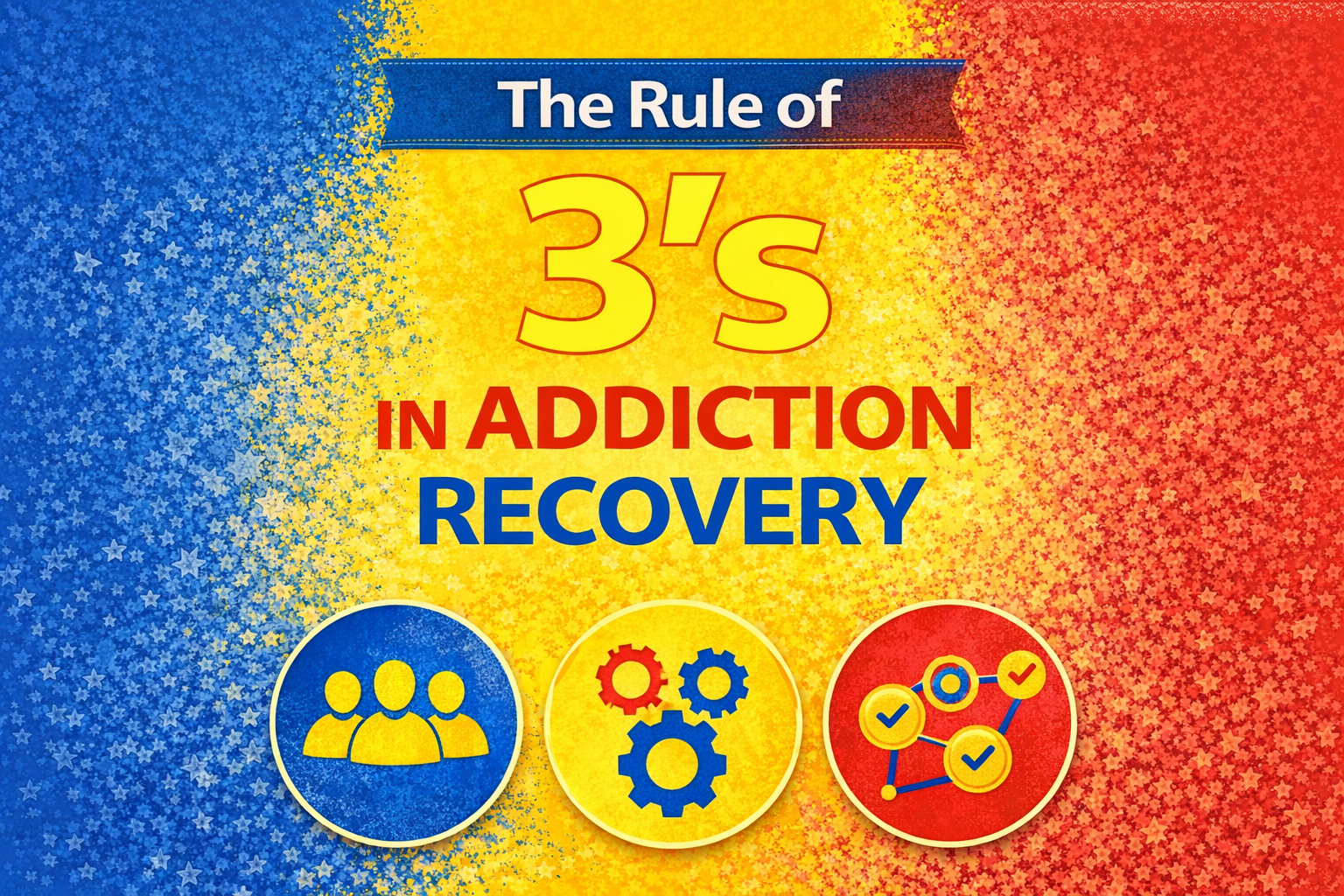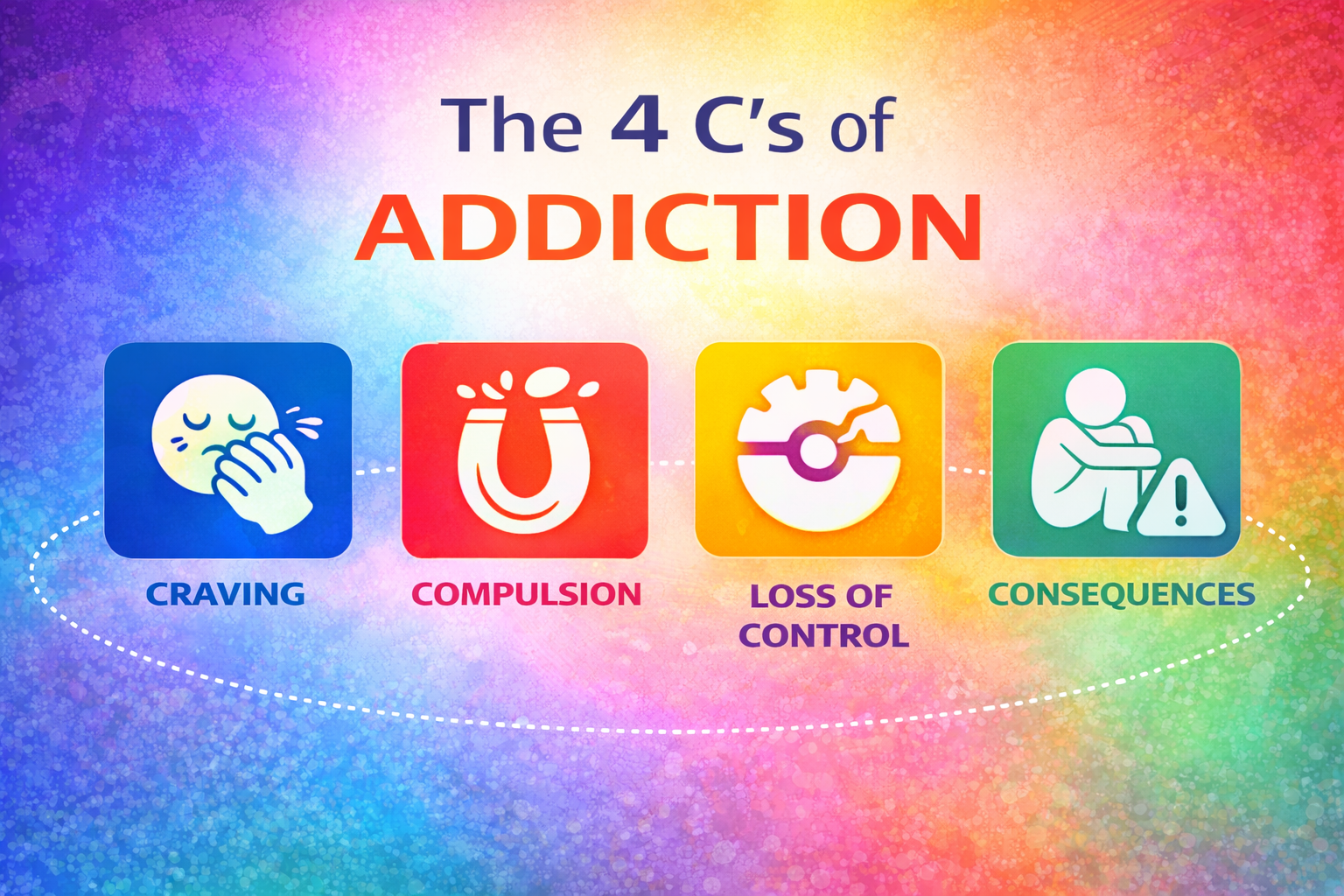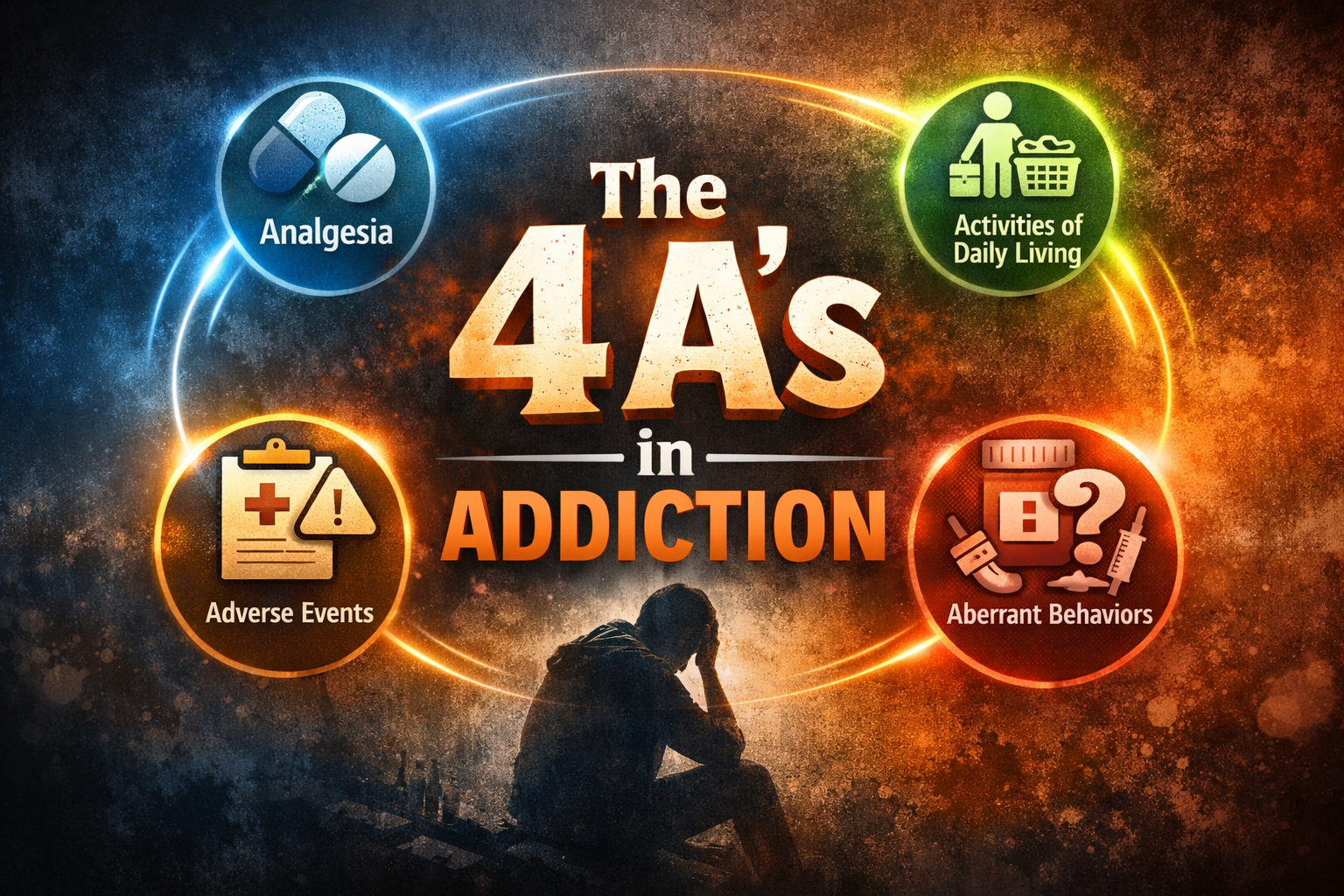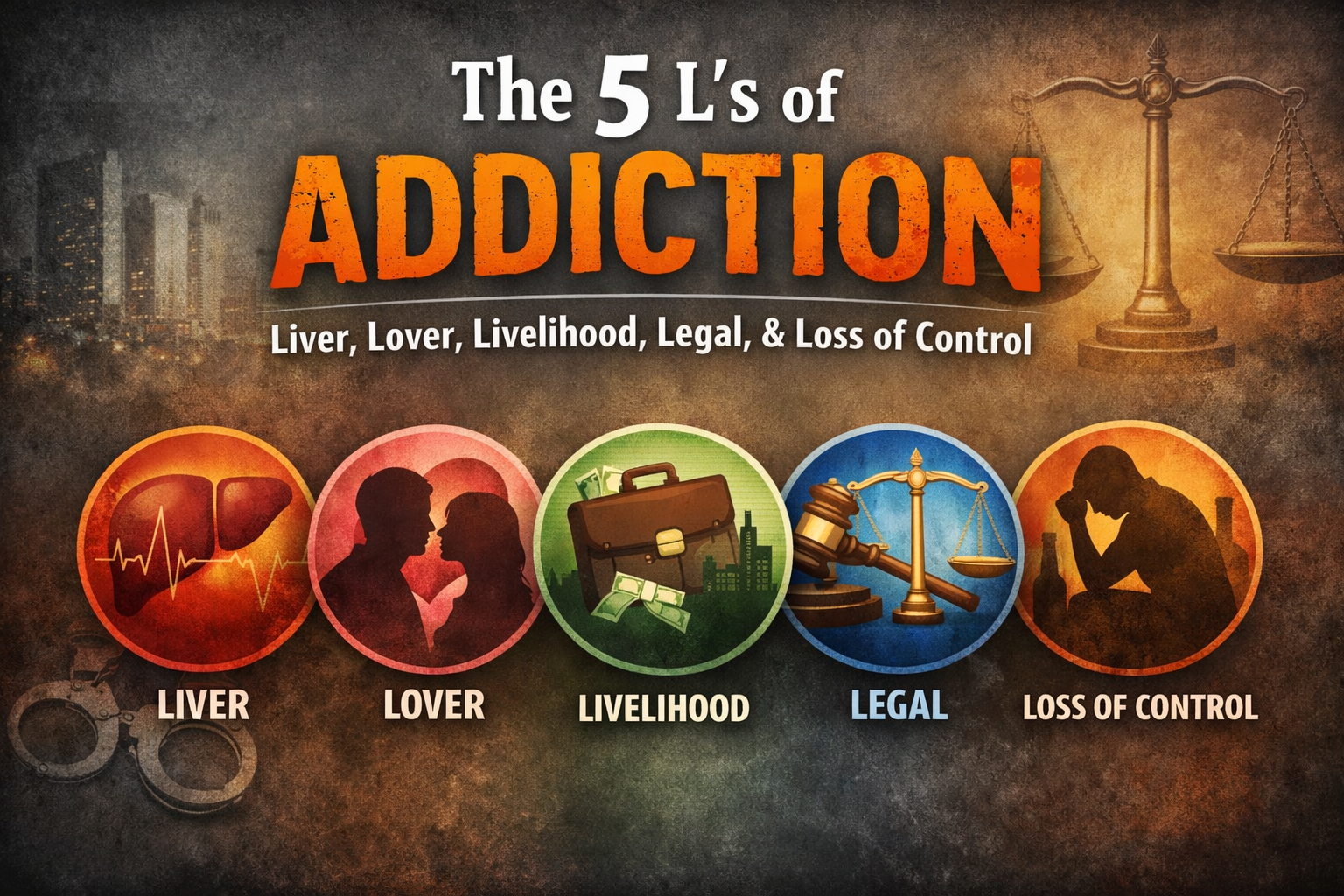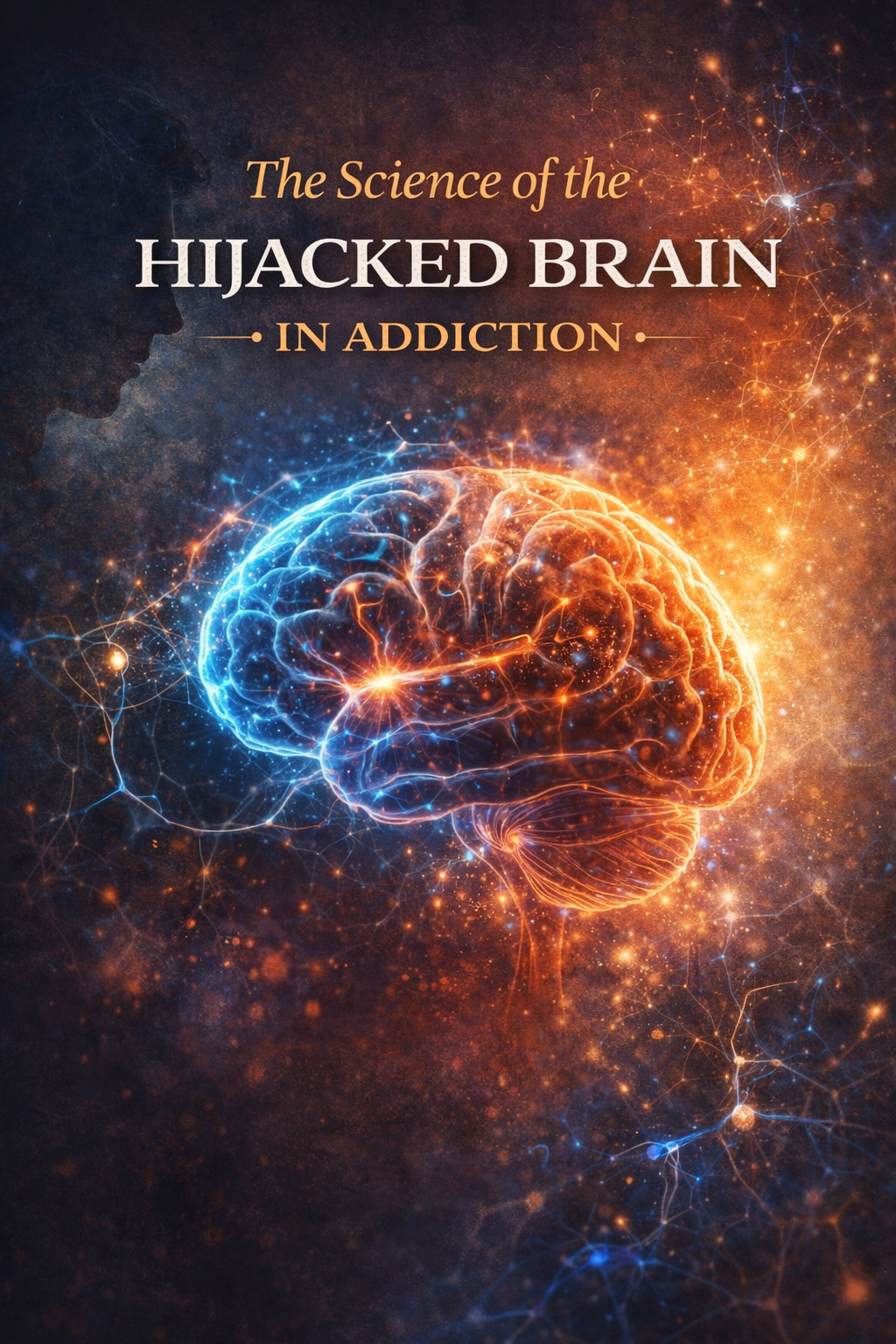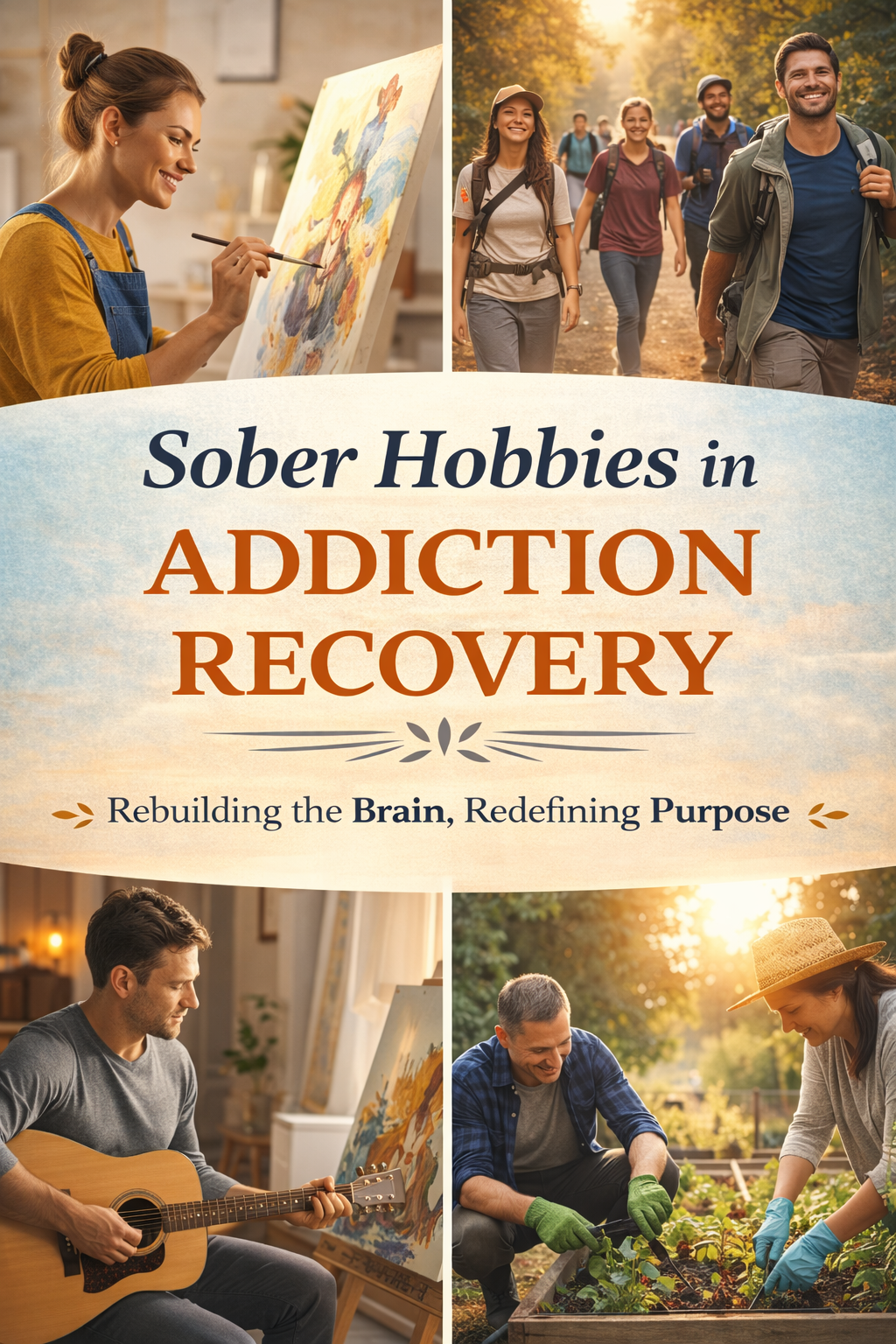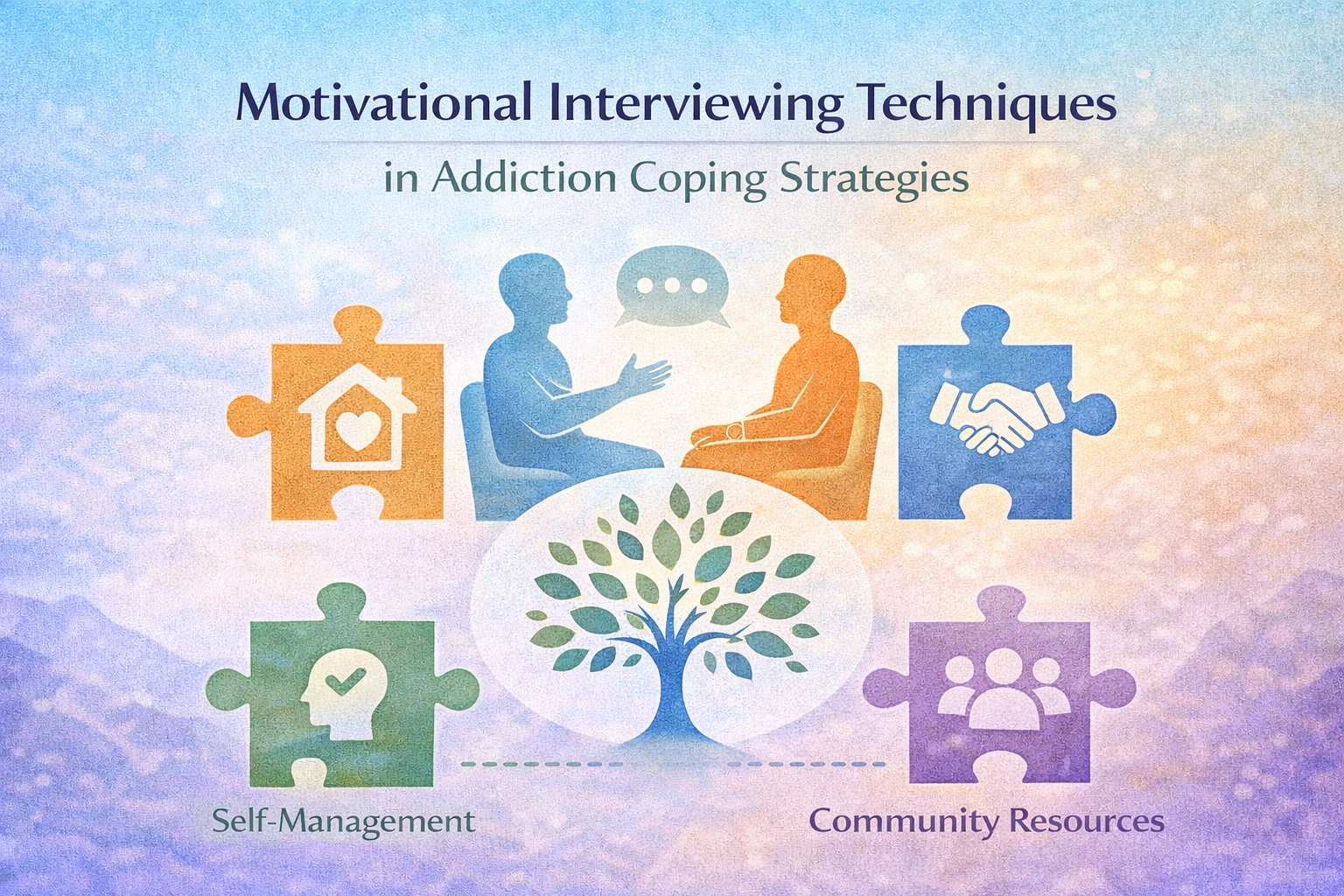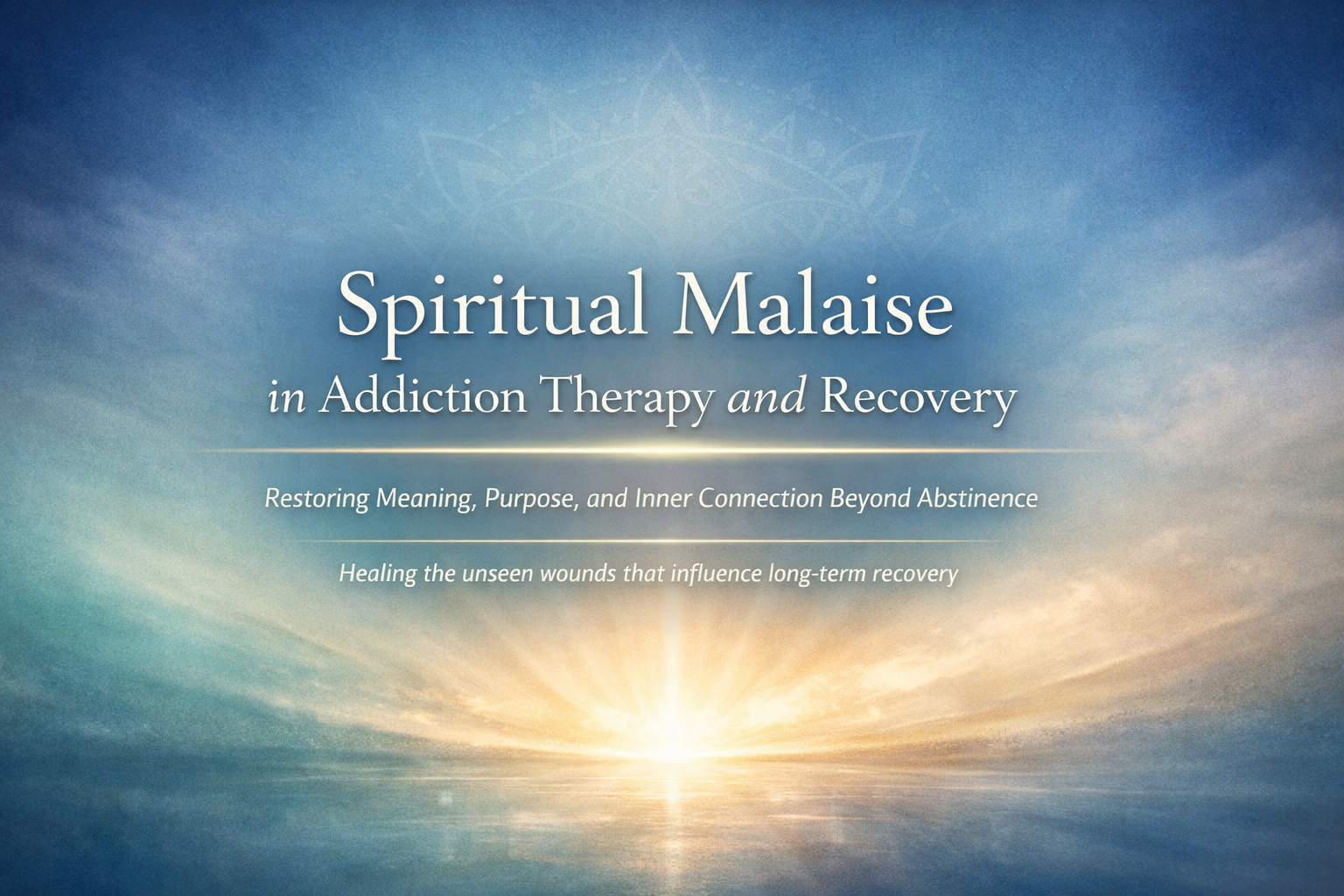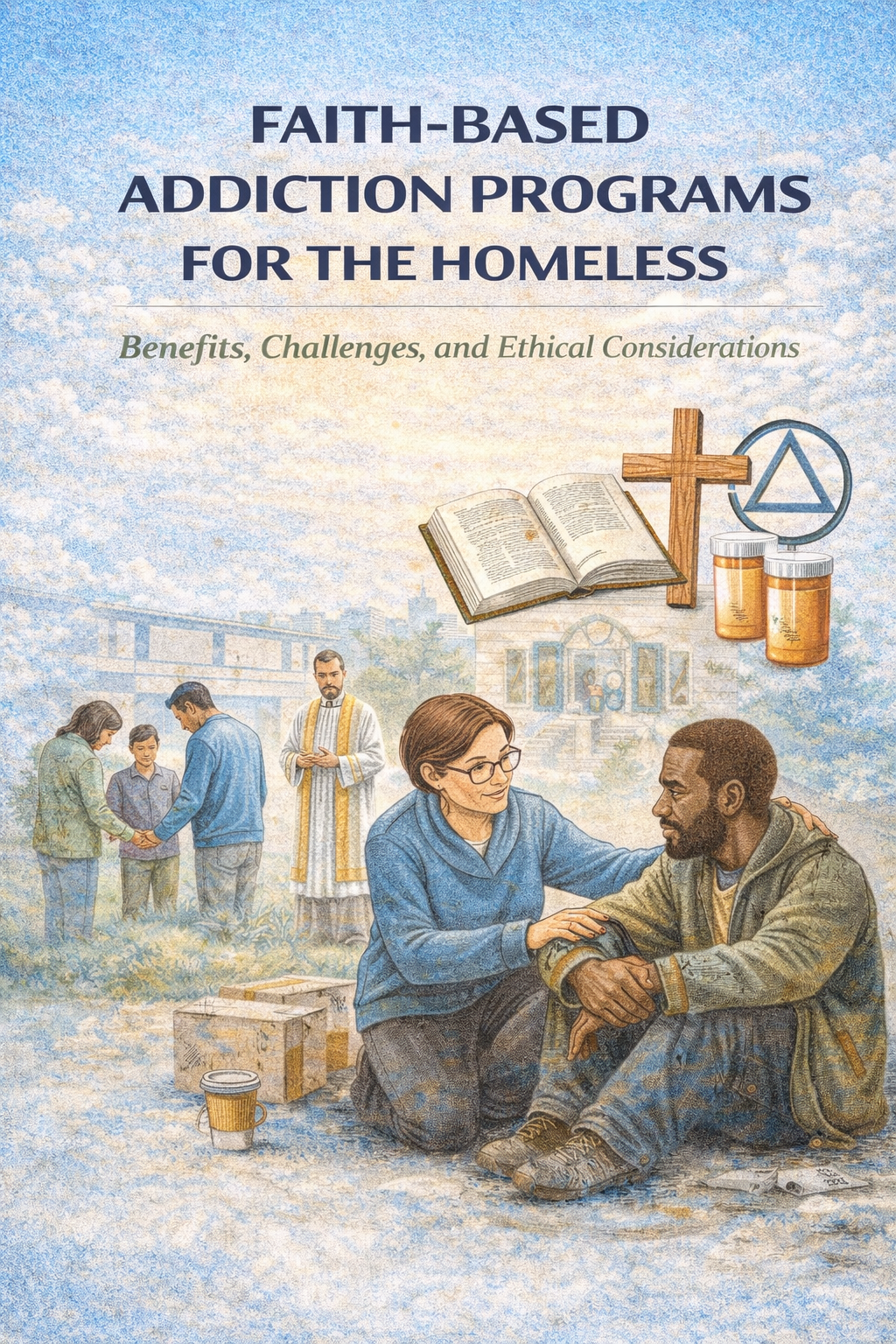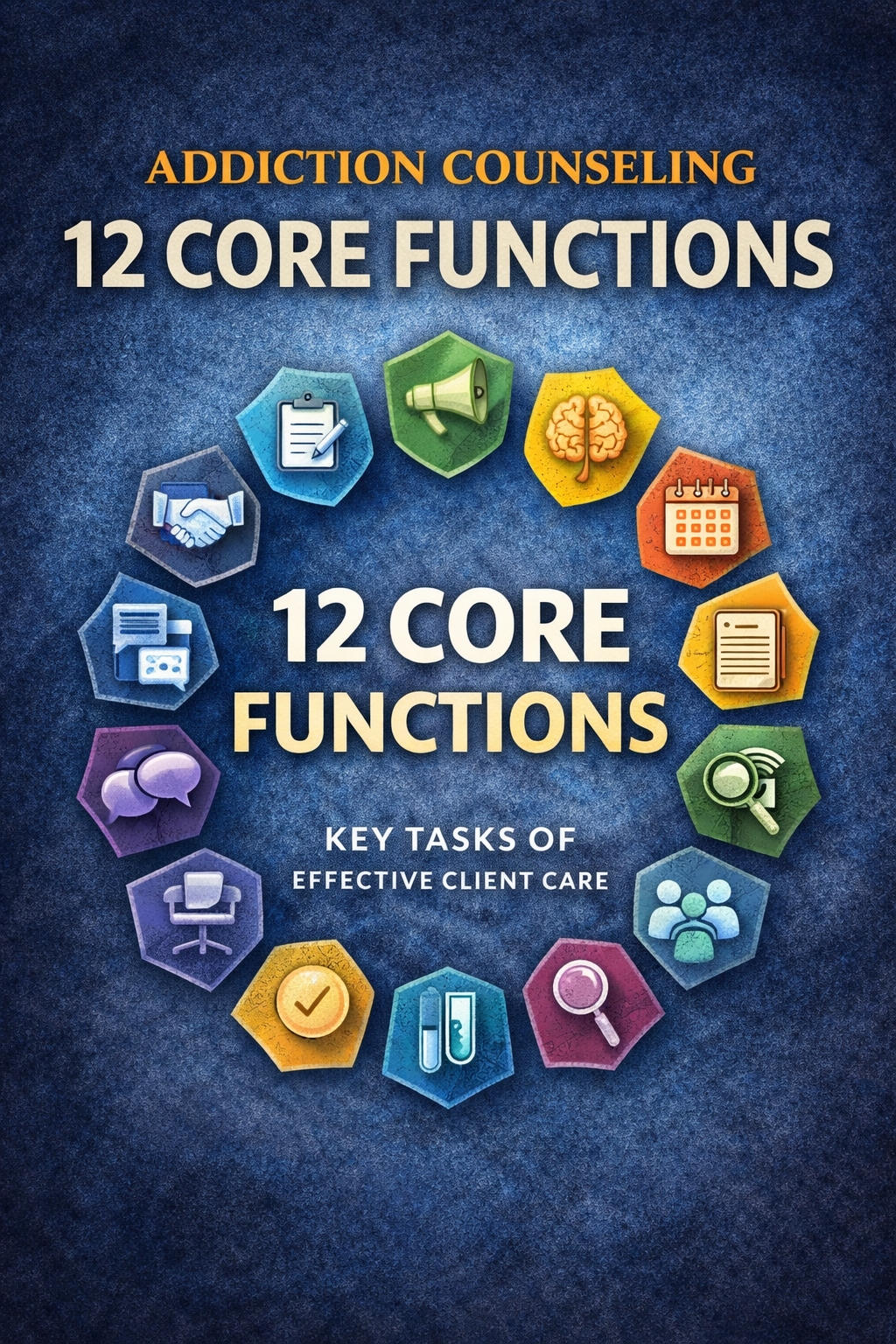Rule of 3’s in Addiction Recovery
The Rule of 3’s in addiction recovery is a simple yet powerful framework that makes the healing process more manageable and less overwhelming. Recovery often involves navigating complex emotions, triggers, and lifestyle changes, which can feel daunting without a clear structure. By organizing key concepts into groups of three—such as triggers, coping strategies, or daily … Read more
